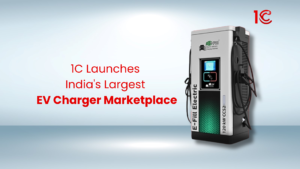
Menu
Menu
With the rising demand for EVs, EV owners are now worried about their battery life. There are a few ways to enhance your EV’s longevity and help maintain the battery life. Every EV owner should know these tips:
Similar to how sprinting constantly can strain your body, charging electric vehicle batteries rapidly can stress them out. While modern EVs come with convenient fast-charging capabilities, it’s important to use them sparingly. Think of it like running or sprinting all the time, which can take a toll on your body. In the same way, frequent fast charging may strain the battery cells, which leads to premature wear. Unless you urgently need a quick boost during a long road trip, choosing for a slow home charge is like taking a steady jog for better endurance. It helps preserve the battery life and prevents premature burnout. Fast charging is acceptable occasionally, but making it a habit may not be the best choice.
Regarding electric vehicles, nearly every automaker recommends maintaining the battery within the 20-80% state of charge range. To simplify, it means avoiding letting the battery drop below 20% and refraining from charging it beyond 80% unless necessary or preparing for an extended trip. Keeping the charge between 20% and 80% is considered the ideal range for charging and usage, as it reduces the strain on the battery. According to manufacturer suggestions, allowing the battery to go too low may lead to increased wear, impacting its lifespan.
Avoid frequently charging your electric vehicle to 100% or letting it drain completely, as both practices can strain the battery and contribute to its deterioration. Ideally, keeping the charge level between 20% and 80% for regular daily use is advisable.
It is advisable to keep your electric car battery from reaching zero. Allowing any Li-ion battery, whether in an electric vehicle, smartphone, or power tool, to deplete completely can damage the cells and decrease capacity.
While most electric vehicles will shut down before reaching 0%, it’s still a possibility. Additionally, it’s important never to leave your EV parked for extended periods with a dead or extremely low battery, as it could deplete further while stationary, leading to potential harm. Even while parked, your electric car will maintain proper battery temperatures, which can slowly drain the battery to unsafe levels.
Batteries operate based on chemical bonds and reactions among their internal elements. Although modern Lithium-ion batteries exhibit an enhanced temperature range, it’s advisable to steer clear of extremes. This caution applies to both high and low temperatures, as they can potentially hasten the decline of battery life over time. Consider parking in the shade or under cover on days with elevated temperatures. Likewise, avoiding leaving the car outside during a snowstorm is wise. While the optimal choice is a garage, even positioning the car under a carport can protect an EV against severe colds, contributing to an extended battery lifespan.
When ideal conditions are unattainable, plugging in the car for charging becomes a helpful practice. This is because the battery’s thermal management systems will take charge, regulating the temperature to sustain the best conditions for the battery.
Aggressive driving affecting MPG and stressing the engine in gas vehicles can also harm the battery in electric vehicles. Maintaining good driving habits is crucial for the battery’s longevity, treating it like an engine in any vehicle.
Regardless of vehicle ownership duration, preserving the battery’s health is recommended for optimal range and performance. Many EVs have apps for monitoring battery health, which is useful for current and potential future owners.
While EVs boast impressive acceleration, frequent high-speed discharges, like launch controls, can affect battery longevity and reduce range prematurely. Occasional accelerations are fine, but continuous rapid energy consumption can be detrimental. Certain EVs take time to prime for quick runs due to batteries disliking rapid energy use.
Ensuring a longer life for your EV battery involves thoughtful charging practices, avoiding extremes in temperature, and maintaining considerate driving habits. Following the recommended guidelines, such as keeping the charge between 20% and 80%, limiting exposure to rapid chargers, and being cautious with DC fast charging, contributes to the overall health and efficiency of your electric vehicle’s battery. Additionally, mindful driving, avoiding aggressive acceleration, and preserving a balanced charge level further enhance the longevity and performance of the battery, benefiting both current and future owners.


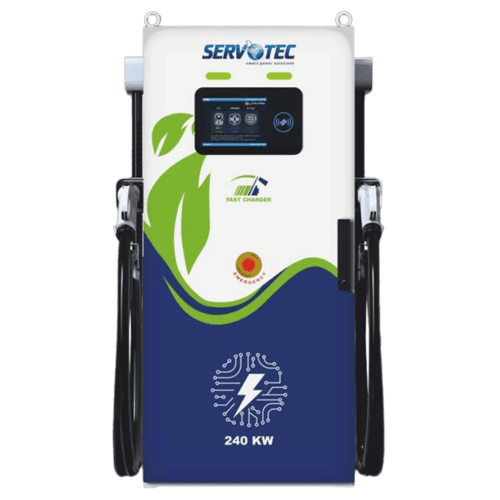
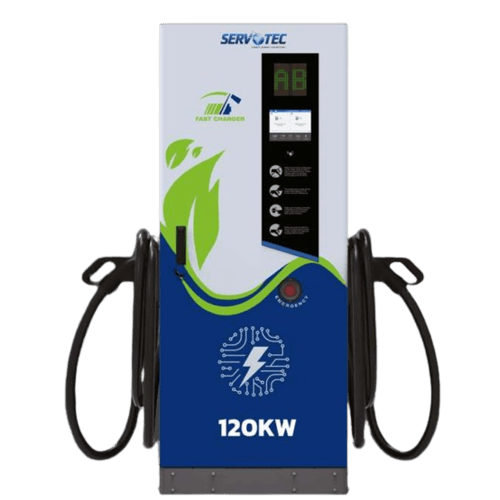
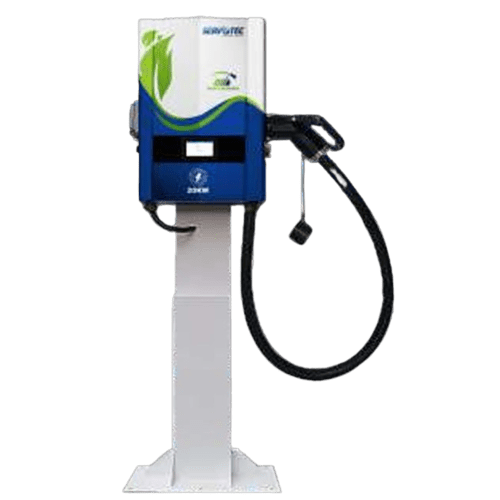
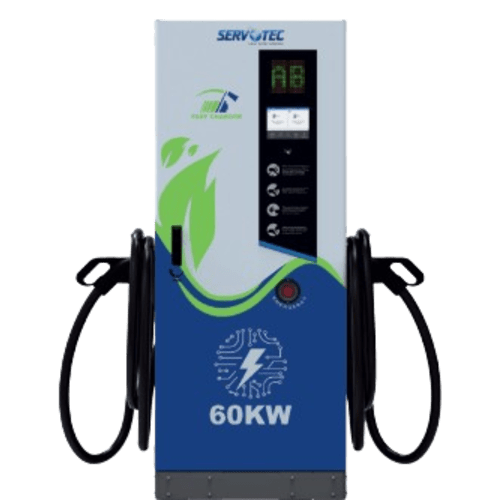
© 2024 Massive Mobility Private Limited. All rights Reserved